Hyperpigmentation is a common skin condition characterised by patches of skin that become darker than your natural skin tone. It occurs when the skin produces excess melanin, the pigment responsible for skin colour. Hyperpigmentation can be caused by numerous factors such as sun exposure, inflammation, or hormonal changes.
How to best help treat hyperpigmentation?
Hyperpigmentation Dos
Wear Sunscreen
Protecting your skin from the sun is crucial as UV radiation can worsen hyperpigmentation. Use a broad-spectrum sunscreen with an SPF of 30 or higher and reapply every few hours when exposed to the sun.
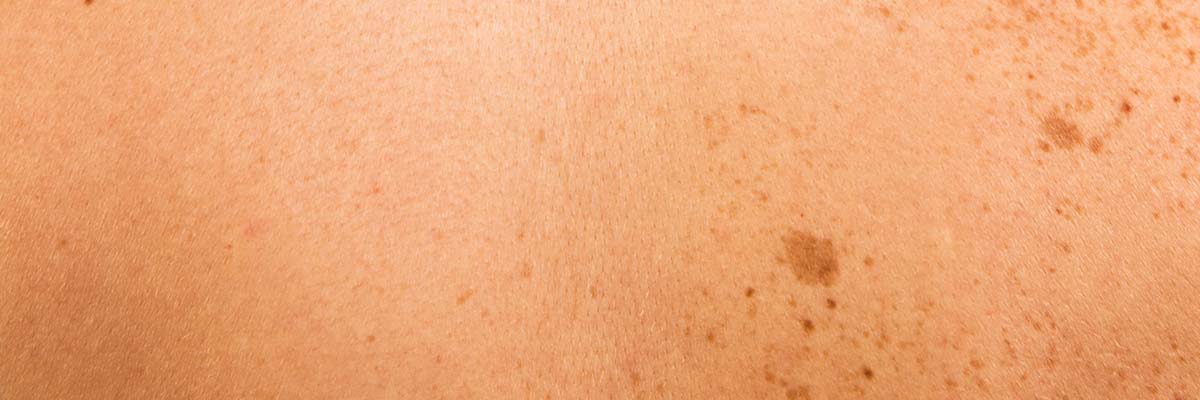
Use Gentle Cleansers
A mild cleanser that does not strip your skin's natural oils is best. Harsh cleansers can disrupt the skin barrier, leading to inflammation and worsening of hyperpigmentation.
Keep Moisturised
Keeping your skin hydrated helps maintain its health and can improve the appearance of hyperpigmentation. Look for moisturisers with ingredients like hyaluronic acid or ceramides.
Add in Antioxidants
Such as vitamin C, can help reduce pigmentation and protect your skin from free radicals.
In-clinic Treatments
Consult a dermatologist for advanced treatment options like chemical peels, microdermabrasion, or laser therapy. They can recommend the most suitable procedure based on your skin type and severity of hyperpigmentation.
Hyperpigmentation Don'ts
Scratching
Avoid picking or scratching at hyperpigmented areas as this can cause further skin damage and potentially lead to scarring.
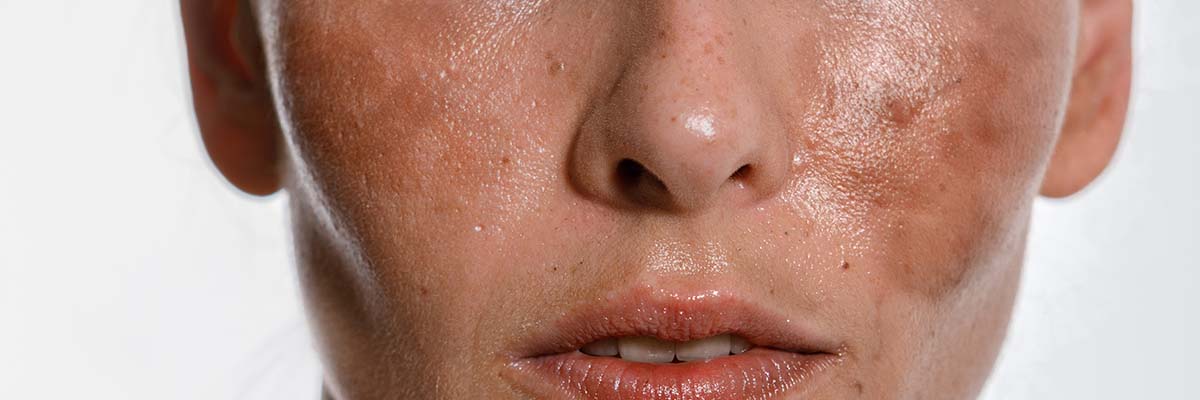
Over-Exfoliate
While exfoliating is important for cell turnover, over-exfoliation can irritate the skin and worsen pigmentation. Limit exfoliation to 1-2 times a week and choose gentle exfoliants.
Avoid Harsh Ingredients
Avoid skincare products with harsh chemicals, fragrances, or irritants that can potentially inflame the skin and trigger more hyperpigmentation. Look for gentle, non-irritating formulations.
Expect Overnight Results
Treating hyperpigmentation takes time and consistency. Be patient and follow a regular skincare routine, giving your skin sufficient time to respond to treatments.
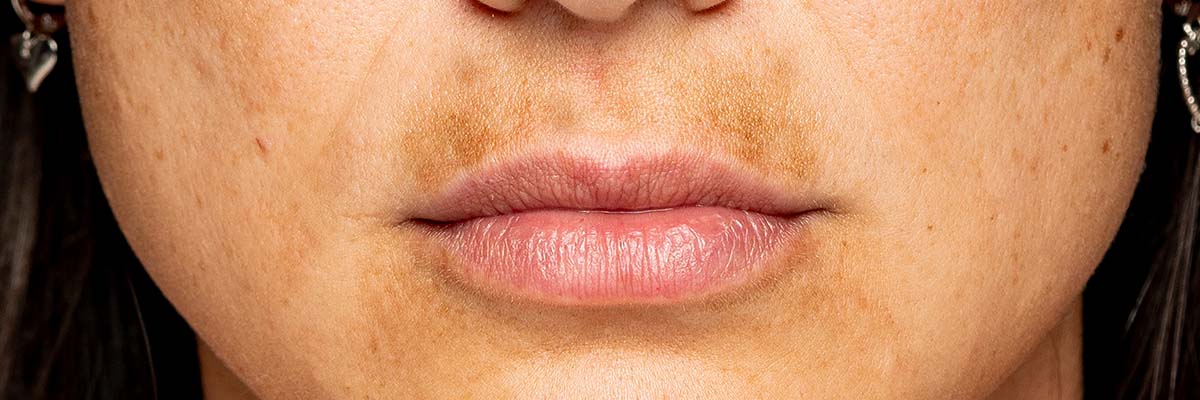
Ingredients to Help Treat Hyperpigmentation
Retinoids
Such as retinol or prescription retinoids like tretinoin can help improve hyperpigmentation by promoting cell turnover and reducing melanin production. They work by exfoliating the skin and fading dark spots over time.
Hydroquinone
Hydroquinone is a potent depigmenting agent commonly used in skincare products to lighten dark spots. It inhibits the production of melanin by blocking an enzyme called tyrosinase. However, it is essential to use hydroquinone under the guidance of a healthcare professional due to potential side effects and long-term safety concerns.
Azelaic Acid
Known for its brightening and exfoliating properties, it can help reduce hyperpigmentation by suppressing melanin production and promoting cell turnover.
Vitamin C
An antioxidant that can help fade hyperpigmentation by inhibiting tyrosinase activity and brightening the skin. Look for stable forms of vitamin C, such as ascorbic acid or tetrahexyldecyl ascorbate, in skincare products.
Kojic Acid
Derived from fungi can help lighten dark spots by inhibiting tyrosinase activity.
Niacinamide
Also known as vitamin B3, has multiple benefits for the skin, including reducing hyperpigmentation. It works by suppressing melanin transfer to skin cells and inhibiting melanin production.
Alpha Arbutin
A natural skin-lightening agent that inhibits melanin production and reduces pigmentation. It is considered a gentler alternative to hydroquinone.
Remember, it is important to use these ingredients as part of a comprehensive skincare routine and to be patient as results may take time.
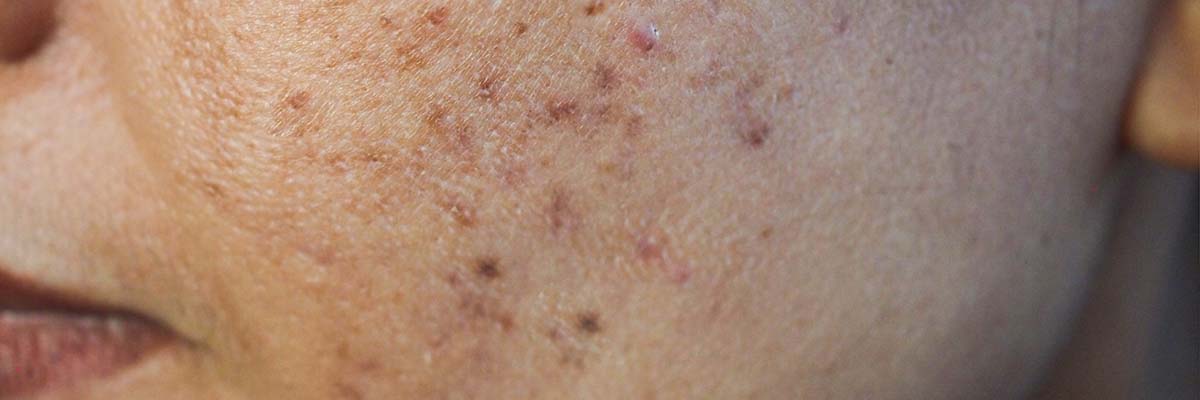
Ingredients to Avoid if You Have Hyperpigmentation
Harsh Exfoliants
Like physical scrubs or abrasive ingredients that can irritate the skin and worsen hyperpigmentation.
Fragrance
Fragrances in skincare products can sometimes cause skin irritation and inflammation, which may trigger or worsen hyperpigmentation.
Alcohol
Alcohol-based products can strip the skin of its natural oils and lead to dryness and irritation, potentially aggravating hyperpigmentation.
Chemical Sunscreens
Chemical sunscreens containing oxybenzone or octinoxate may cause skin sensitivity and trigger pigmentation issues. Instead, opt for physical sunscreens with active ingredients like zinc oxide or titanium dioxide.
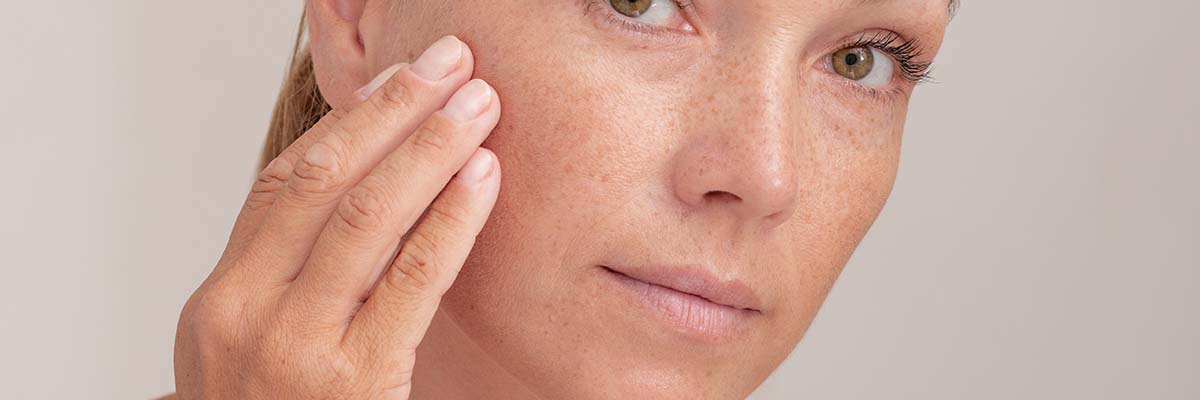
Parabens
Parabens are preservatives that can cause skin sensitivity in people. Avoiding products containing parabens may help prevent skin irritation that could worsen hyperpigmentation.


















